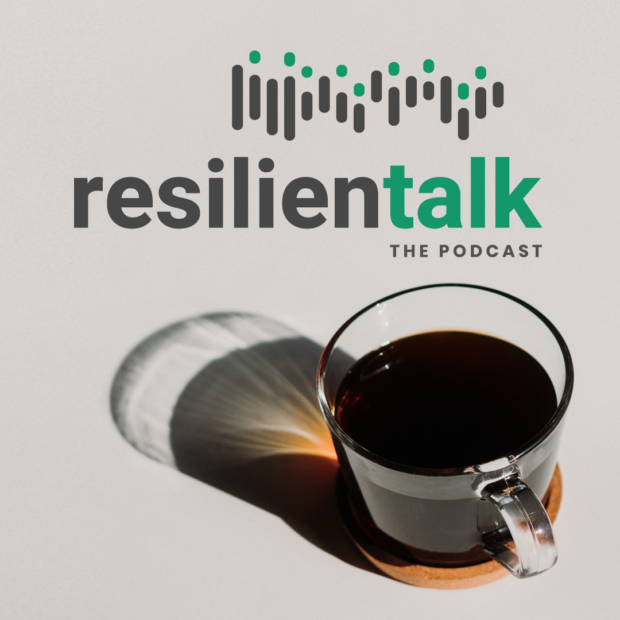As part of Resilient.PH’s efforts to keep the conversation going, we launched ResilienTalk the Podcast last year. We envision it to become another platform for getting everybody up to speed with ongoing discussions about disaster prevention, mitigation, preparation, response and recovery. In the coming weeks, we hope to have as guests, our collaborators from various sectors.
For the pilot episode, we were very fortunate to have Dr. Eula Bianca Villar as our guest. We felt it was just fitting to start the conversation by understanding the basics and getting everybody on the same page when it comes to key concepts we will most likely be using in future episodes. Dr. Eula, also an adjunct professor at the Asian Institute of Management, was kind enough to share her time and expertise in clarifying the concept of disaster and disaster resilience.
Episode 1 is now up on Spotify and is also available anywhere else you listen to podcasts (Apple Podcasts, Breaker, Google Podcasts, Pocket Casts, RadioPublic).
Email us at hello@resilient.ph if you have topics in mind for future episodes.
More about Dr. Villar:
Dr. Eula is a research consultant for organizations engaged in disaster risk reduction and management. She holds a PhD (Cum Laude) from La Salle (Universitat Ramon Llull) in Barcelona, Spain through the EU Marie Curie Fellowship. Her PhD dissertation, which tackled how Philippine-based critical organizations used emergent and oftentimes rule-bending improvisation to achieve their organizational goals during Typhoon Haiyan was awarded a final grade of excellent. Her research expertise is found at the intersection of organization studies and disaster studies, using inductive research drawn from thick qualitative data. She is deeply driven in pursuing research themes related to organizing processes in disaster contexts, innovation in the humanitarian space, and sustainable entrepreneurship. Her lifelong goal is to use her social science training to bring people and organizations to think deeply about complex social and environmental issues, and in turn form communities that are driven to preserve the environment, and to create safe, resilient spaces.


